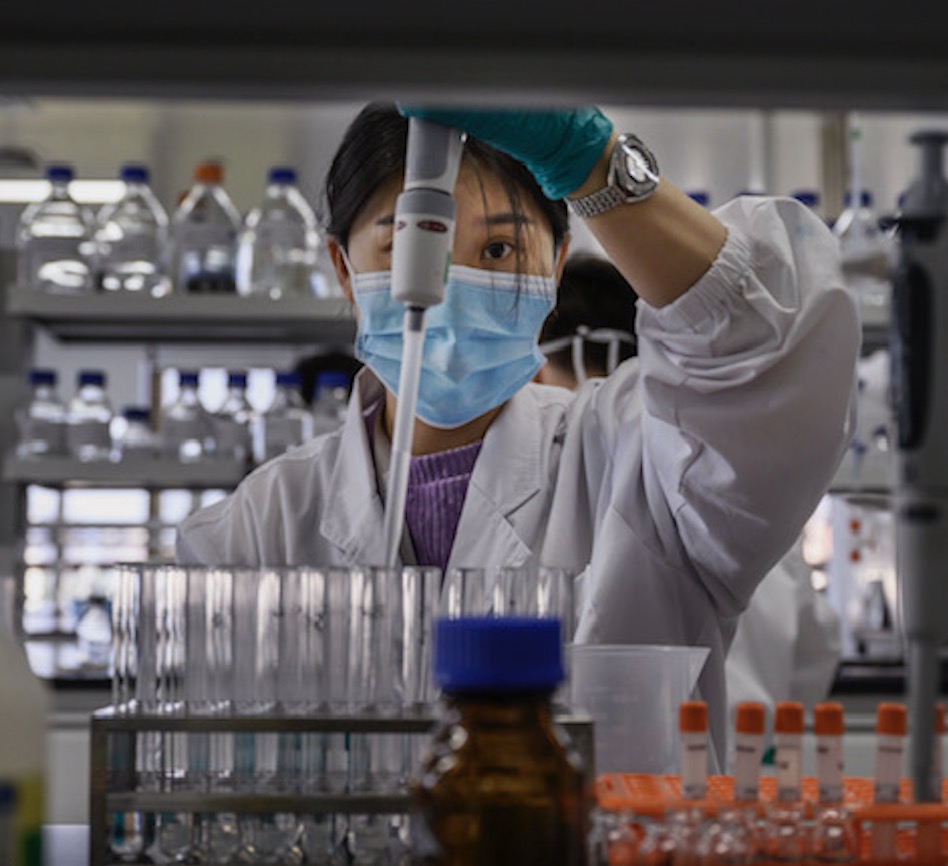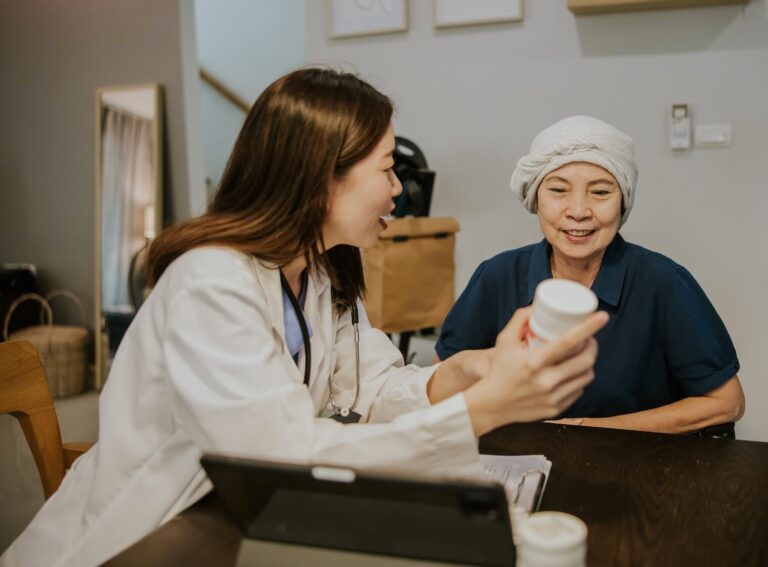Cancer takes approximately 10 million lives each year
While China and the United States account for 40% of the world’s annual cancer deaths, no country is spared and the global cancer burden is expected to increase.
Why we created Cure4Cancer
Cure4Cancer (C4C) is a global movement to drive awareness of the importance of international clinical trials in the fight against cancer. We’re bringing together patients, medical experts, industry professionals, policymakers, the media, and other closely related stakeholders to work together in the fight against cancer, raising public awareness and accelerating the development of cancer cures through increased:
To find out more about the Cure4Cancer movement, watch the video below:

Taking Stock of U.S.-China Biotechnology Competition
Since the U.S.-China trade and technology relationship took center stage during the Trump administration’s trade war, observers have sought to identify specific industries that could exacerbate tensions between Washington and Beijing. The Chinese biotech sector might be that next, risky frontier. Although long heralded as the new “national security obsession” and “next battleground” for U.S.-China technology decoupling in Beijing and Washington alike, past U.S. policymaking and official enforcement actions on the sector were precise and limited. But this reality is quickly unfurling.
Latest News
The Importance of Patient-Centric Clinical Trials
Working to Improve Patient Access to Clinical Trials
Clinical trials are widely recognized as the best form of cancer care, but only 2-8% of cancer patients currently gain access to these trials, due to a combination of factors.
The COVID-19 pandemic has led to a revolution in how cancer trials are conducted, decentralizing them from major cities and academic medical institutions, and making them available to more diverse populations of cancer patients around the world. This model can help accelerate breakthroughs.











